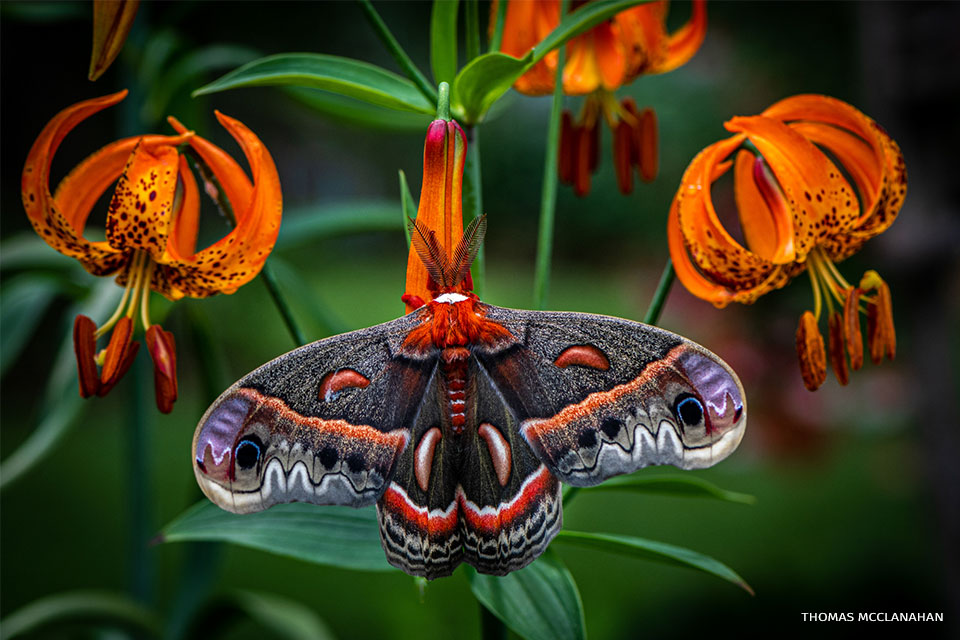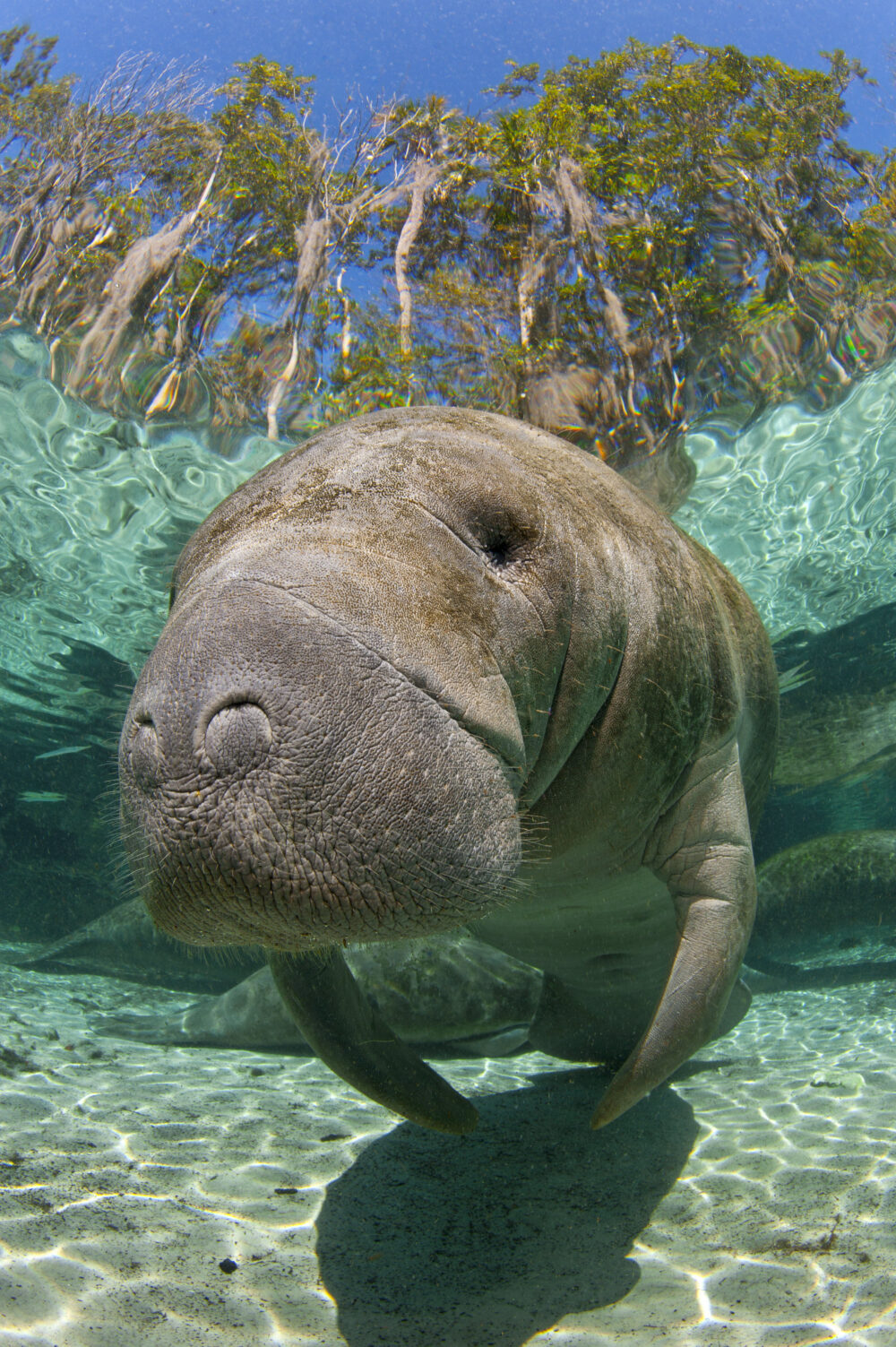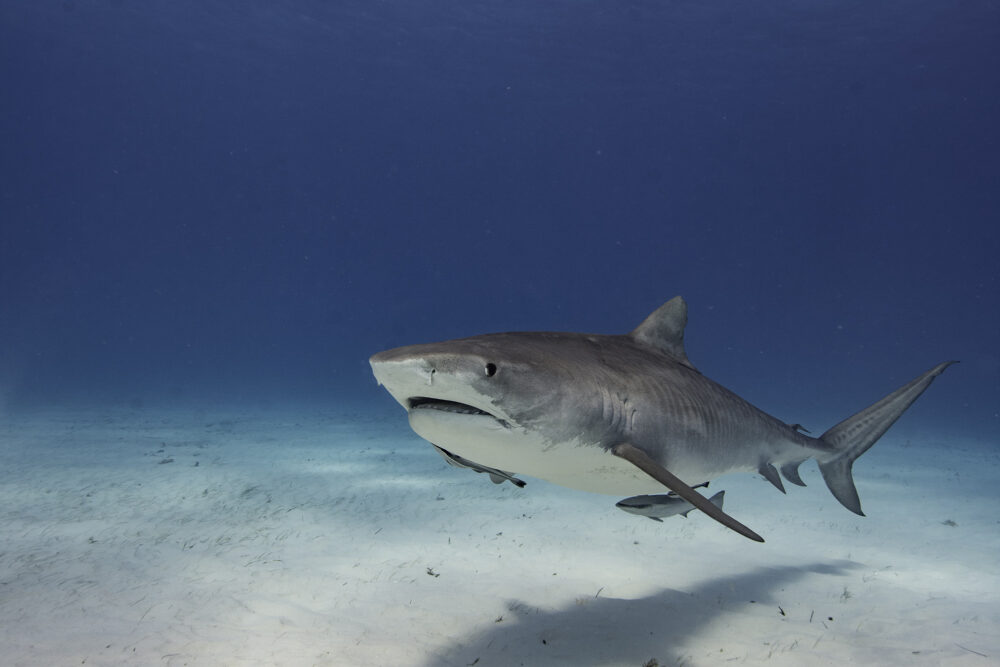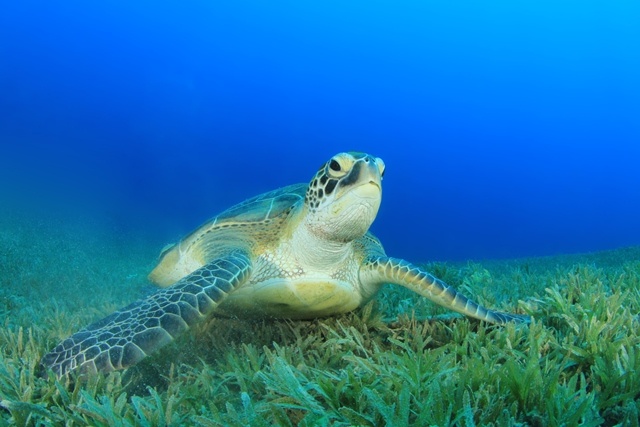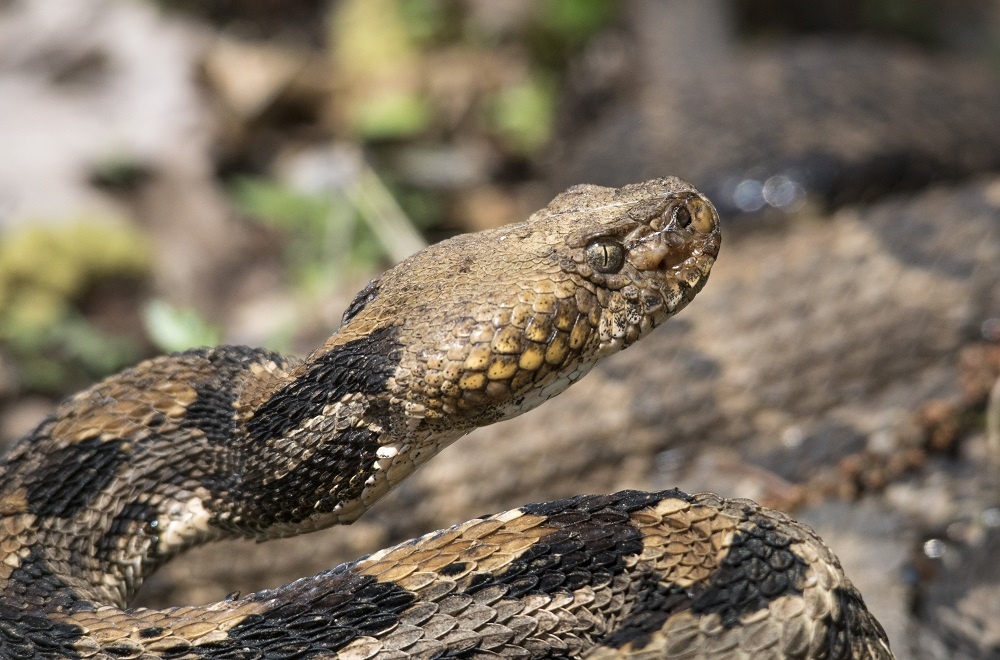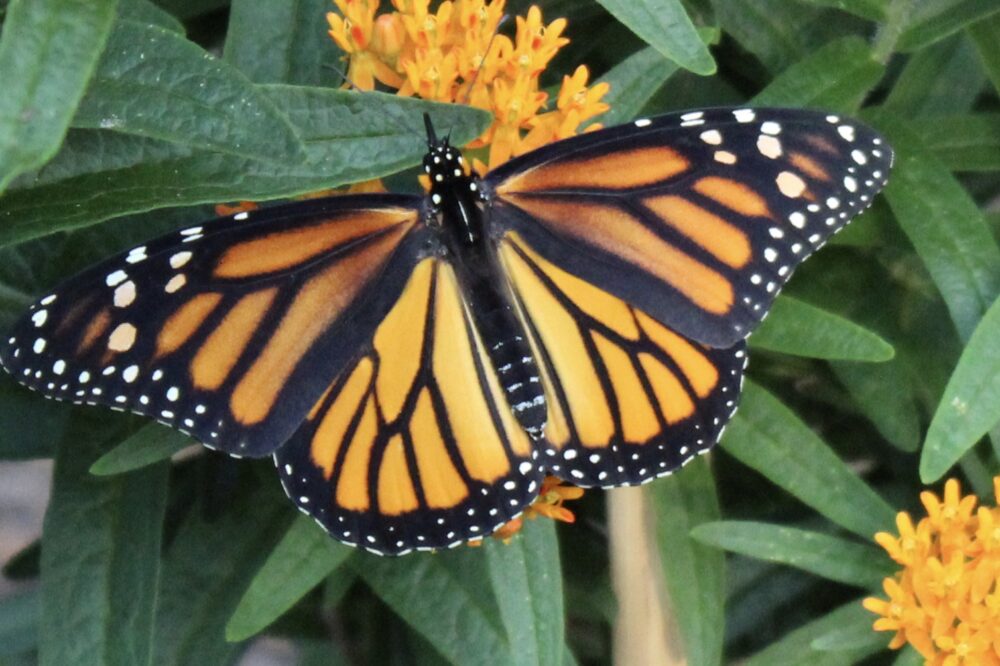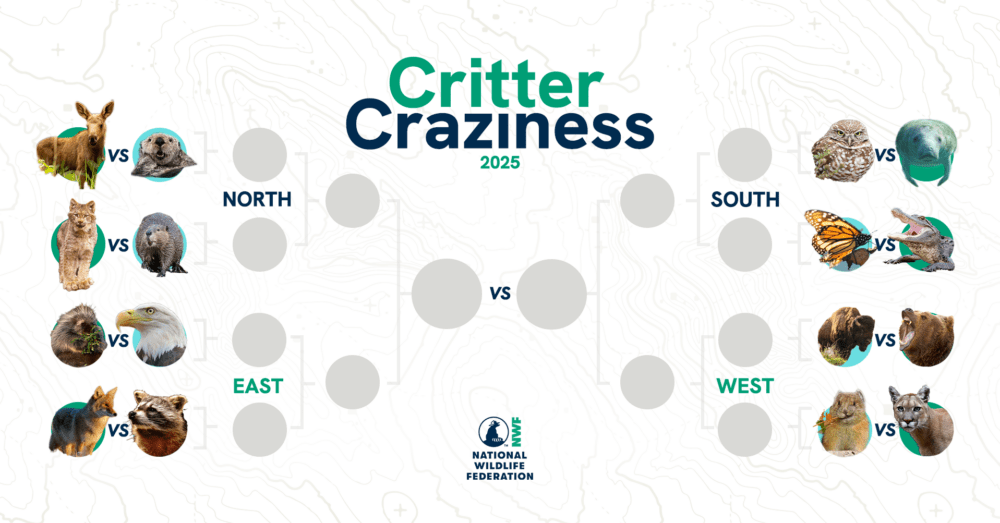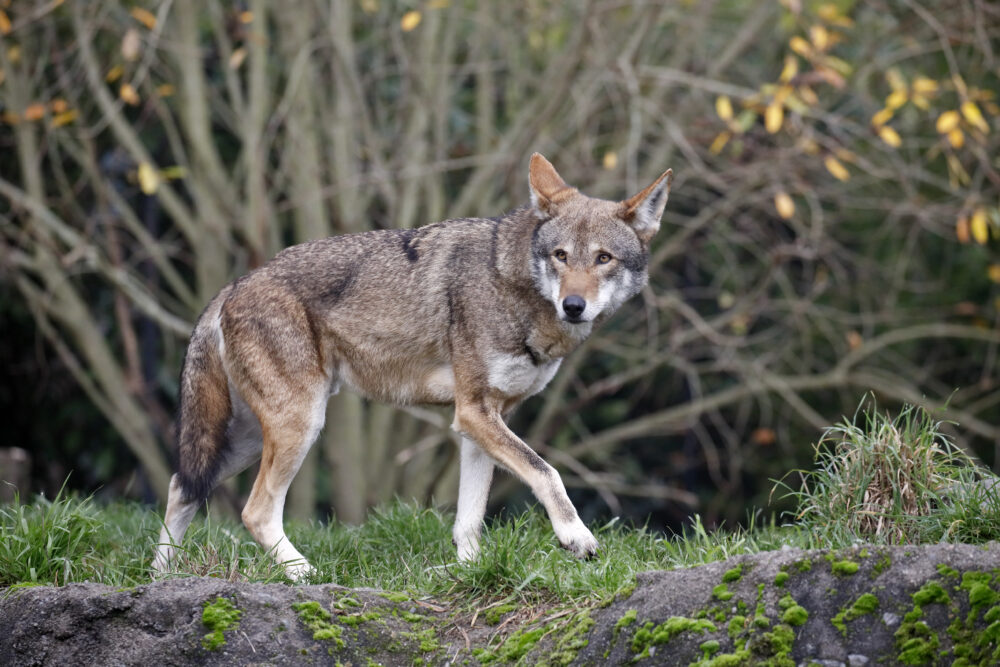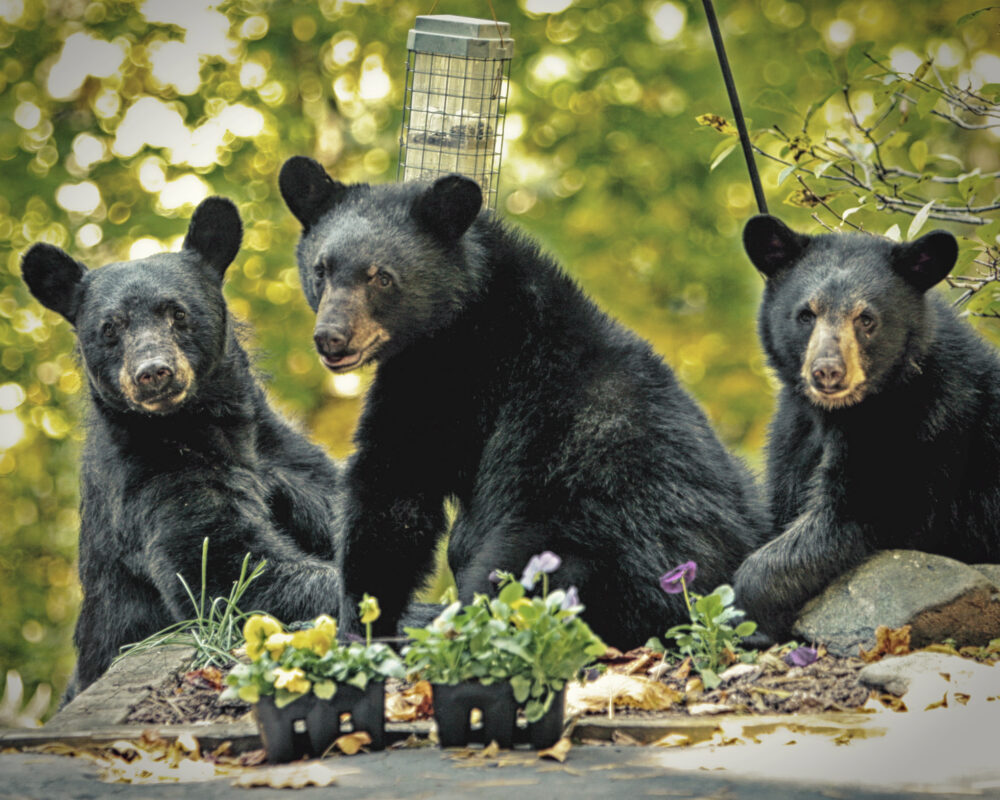We have much more to do and your continued support is needed now more than ever.
Weekly News Roundup- July 12,2013
What’s happening at National Wildlife Federation this week?
- Enter the National Wildlife’s Photo Contest before July 15! Registered users can vote for their favorite photo for the People’s Choice Award here.
- Orcas are in danger from dirty coal. Speak up for these endangered whales and sign the petition to help save them.
- Love bison? Read the blog about how NWF is working to return them to their native lands.
- We all treasure our national parks, but America’s public lands are threatened by those seeking to exploit them for private financial gain or trade them for political favor. Learn about the value of our Western public lands in NWF’s new report: Valuing Our Western Public Lands: Safeguarding Our Economy and Way of Life .
NWF Taking Action
Farm-only Farm Bill Bad Precedent and Fails Soil, Water and Wildlife
July 11- Today the House of Representatives took the unprecedented step of passing, without any additional chance for amendment, an agriculture-only Farm Bill, breaking the longstanding linkage between nutrition and farm programs.
The bill also eliminates the longstanding provision of the law that forces Congress to resolve their differences and come together to pass or extend farm bills to avoid a reversion to 1949 permanent law, which does not work well in today’s agricultural economy. The bill also includes deep cuts to conservation programs, seriously weakens and creates a loophole in a 25-year requirement that those receiving federal agricultural subsidies must refrain from draining wetlands and prevent excess erosion.
“This is the worst farm bill for soil, water and wildlife in at least 25 years,” said Larry Schweiger,president and CEO of the National Wildlife Federation. “It would cut conservation funding, allow the destruction of hundreds of thousands of acres of wetlands, exempt pesticides used in our nation’s waters from the Clean Water Act, allow continued incentives for destroying native prairies, and allow for greatly increased soil erosion.”
Learn more about the Farm Bill and what it means for the environment and wildlife.
National Wildlife Federation Sues EPA to Strengthen Protections Against Ballast Water Invaders

July 10- The National Wildlife Federation is suing the U.S. EPA to force the agency to adopt measures that will effectively stop vessels discharging ballast water from introducing and spreading harmful aquatic invasive species. Ballast water invaders such as zebra mussels, quagga mussels, spiny water fleas and round gobies have turned the Great Lakes ecosystem on its head, altering the food web and threatening the health of native fish and wildlife. Non-native ballast water invaders cost Great Lakes citizens, utilities, cities and businesses at least $200 million annually in damages and control costs.
The National Wildlife Federation initiated the lawsuit in United States Court of Appeals for the District of Columbia Circuit.
Sportsmen Groups Ask Senate to Approve Gina McCarthy for EPA
July 9- Eight national organizations and more than 60 local and state groups and businesses representing millions of sportsmen have written to Senate leaders asking for the Senate to confirm Gina McCarthy as Environmental Protection Agency Administrator as soon as possible.
“Gina McCarthy has decades of experience working across party lines with officials at the local, state and federal levels to protect our air, water, wildlife, public health and the jobs that depend on them,” said Larry Schweiger, president and CEO of the National Wildlife Federation. “Working under both Republican and Democratic administrations at the state and federal levels, Gina McCarthy has proven herself to be fair and pragmatic while determined to carry out her responsibilities under the law.”
Take action and urge your U.S. senators to support Gina McCarthy.
EPA Approves the Use of One of the World’s 100 Worst Invasive Species for Biofuel

“By allowing producers to grow these two invasive plants for biofuel production, EPA is recklessly opening a Pandora’s box,” said Aviva Glaser, legislative representative for agriculture policy at the National Wildlife Federation.”We want to move forward with homegrown sources of renewable energy, but by doing so, we don’t want to fuel the next invasive species catastrophe.”
Read the report: Growing Risk: Addressing the Invasive Potential of Bioenergy Feedstocks
And now here are highlights from NWF in the news
NBC News: Portland Pipe submits federal report in review
Fears of pipeline corrosion by tar sands oil have been cited by opponents both of the northern New England pipeline reversal and the Keystone XL pipeline proposed to carry tar sands oil from western Canada to refineries in Texas. A lawyer with the National Wildlife Federation says the study missed several key issues.
Huffington Post: Inspiring Wildlife Conservation With Photography
For the last 43 years, National Wildlife magazine, the award-winning publication of the National Wildlife Federation, has held a photo contest as a way to encourage people to get outside and learn about wildlife and our environment through the art of photography.
Here are some of the winners from the 2012 contest..
Associated Press: Study: Tar sands oil carries no increased risk
One person outspoken about perceived dangers of shipping tar sands oil over pipelines is Jim Murphy, senior attorney with the National Wildlife Federation’s Northeast regional office in Montpelier.
Miami Herald: Diggin’ In: Hummingbirds are a delight for the eyes
This year, the hummingbird is the focus of the National Wildlife Federation, which encourages residents living in any kind of housing – single-family home, apartment, condo or townhouse – to hang up a hummingbird feeder somewhere outdoors. Setting a pot of colorful flowers next to it also helps entice these beautiful creatures to your space, especially if you don’t have a garden.
Patagonia: Three Heroes Against Three Pipelines
Beth Wallace grew up along the banks of the river and was there to see the spill. “The entire river was filled with oil,” she says. “A muskrat was desperately trying to clean itself and was failing miserably.”
UPI: Oil protest planned at Mackinac Bridge
Beth Wallace, the state coordinator for NWF, said Canadian pipeline company Enbridge has not done enough to ensure the Great Lakes and its tributaries are protected against oil spills.
For more visit www.nwf.org/news






